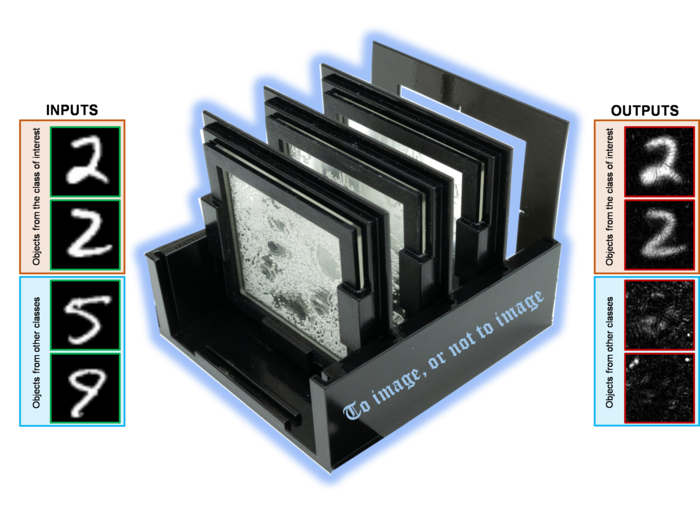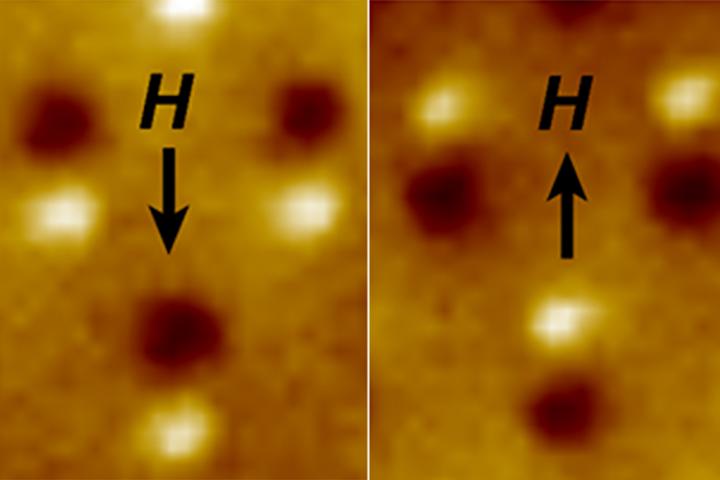
While the Justice Department wages a public fight with Apple over access to a locked iPhone, government officials are privately debating how to resolve a prolonged standoff with another technology company, WhatsApp, over access to its popular instant messaging application, officials and others involved in the case said.
No decision has been made, but a court fight with WhatsApp, the world’s largest mobile messaging service, would open a new front in the Obama administration’s dispute with Silicon Valley over encryption, security and privacy.
WhatsApp, which is owned by Facebook, allows customers to send messages and make phone calls over the Internet. In the last year, the company has been adding encryption to those conversations, making it impossible for the Justice Department to read or eavesdrop, even with a judge’s wiretap order.
As recently as this past week, officials said, the Justice Department was discussing how to proceed in a continuing criminal investigation in which a federal judge had approved a wiretap, but investigators were stymied by WhatsApp’s encryption.
The Justice Department and WhatsApp declined to comment. The government officials and others who discussed the dispute did so on condition of anonymity because the wiretap order and all the information associated with it were under seal. The nature of the case was not clear, except that officials said it was not a terrorism investigation. The location of the investigation was also unclear.
To understand the battle lines, consider this imperfect analogy from the predigital world: If the Apple dispute is akin to whether the F.B.I. can unlock your front door and search your house, the issue with WhatsApp is whether it can listen to your phone calls. In the era of encryption, neither question has a clear answer.
Some investigators view the WhatsApp issue as even more significant than the one over locked phones because it goes to the heart of the future of wiretapping. They say the Justice Department should ask a judge to force WhatsApp to help the government get information that has been encrypted. Others are reluctant to escalate the dispute, particularly with senators saying they will soon introduce legislation to help the government get data in a format it can read.
Whether the WhatsApp dispute ends in a court fight that sets precedents, many law enforcement officials and security experts say that such a case may be inevitable because the nation’s wiretapping laws were last updated a generation ago, when people communicated by landline telephones that were easy to tap.
“The F.B.I. and the Justice Department are just choosing the exact circumstance to pick the fight that looks the best for them,” said Peter Eckersley, the chief computer scientist at the Electronic Frontier Foundation, a nonprofit group that focuses on digital rights. “They’re waiting for the case that makes the demand look reasonable.”
A senior law enforcement official disputed the notion that the government was angling for the perfect case, and said that litigation was not inevitable.
This is not the first time that the government’s wiretaps have been thwarted by encryption. And WhatsApp is not the only company to clash with the government over the issue. But with a billion users and a particularly strong international customer base, it is by far the largest.
Learn more: WhatsApp Encryption Said to Stymie Wiretap Order
The Latest on: Encryption privacy
[google_news title=”” keyword=”encryption privacy” num_posts=”10″ blurb_length=”0″ show_thumb=”left”]
via Google News
The Latest on: Encryption privacy
- EXPLAINER: USER PRIVACY Vs NATIONAL SECURITYon May 9, 2024 at 2:55 pm
WhatsApp has stressed that E2EE is necessary for maintaining user privacy, a core value for the messaging platform. The government, on the other hand, has sought a balance between privacy and ...
- Niobium raises $5.5M to develop fully homomorphic encryption accelerator chipon May 9, 2024 at 10:53 am
Niobium has secured $5.5 million in venture financing to develop a specialized accelerator chip for fully homomorphic encryption ...
- European Threat To End-To-End Encryption Would Invade Phoneson May 7, 2024 at 10:52 am
European policymakers are discussing a law that might put a screening algorithm on millions of user devices - posing a dire threat to digital privacy.
- Europol’s declaration against end-to-end encryption reignites debate, sparks privacy concernson May 7, 2024 at 5:50 am
End-to-end encryption (E2EE) ensures that only the sender and the receiver of a message can read it, keeping it private even from the platform or service provider sending the communication, such as ...
- Private Internet Search Is Still Finding Its Wayon May 2, 2024 at 5:35 am
The quest to keep data private while still being able to search may soon be within reach, with different companies charting their own paths.
- 8 Telegram Privacy Settings You Should Enable Immediatelyon May 1, 2024 at 1:00 pm
Telegram has many privacy related features. However, many of them, like end-to-end encryption, aren't actually enabled by default.
- Will New Government Guidelines Spur Adoption of Privacy-Preserving Tech?on April 29, 2024 at 2:29 pm
Michael Hughes, the chief business officer for Duality Technologies, could barely conceal his excitement when the White House Office of Science and ...
- WhatsApp Threatens India Exit: Privacy Standoff Heats Up Over Encryption Ruleson April 26, 2024 at 11:07 am
WhatsApp faces an ultimatum in India - comply with new regulations that break user privacy or exit the market. Read to know more!
- Privacy Protected: WhatsApp's End-To-End Encryption Explained Simplyon April 26, 2024 at 8:22 am
WhatsApp has challenged Information Technology Rule 4(2) of the 2021 IT (Intermediary Guidelines and Digital Media Ethics Code).
- Nearly all Chinese keyboard apps have encryption flaws, exposing millions of users to keyloggingon April 26, 2024 at 12:39 am
Normally, any internet-based typing utility comes with inherent risk, but the companies offering cloud-based pinyin apps guarantee user privacy through encryption. Researchers from the University of ...
via Bing News










